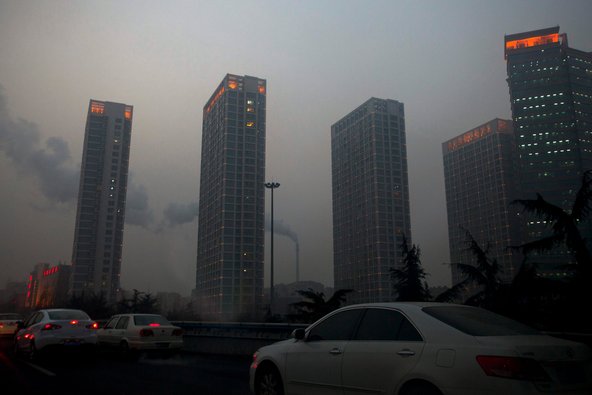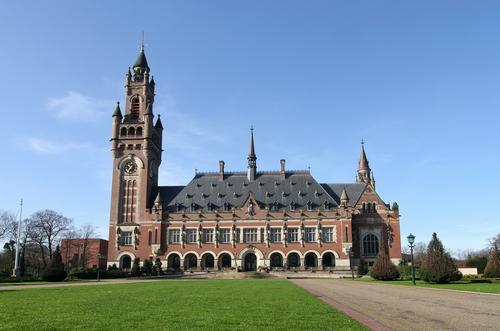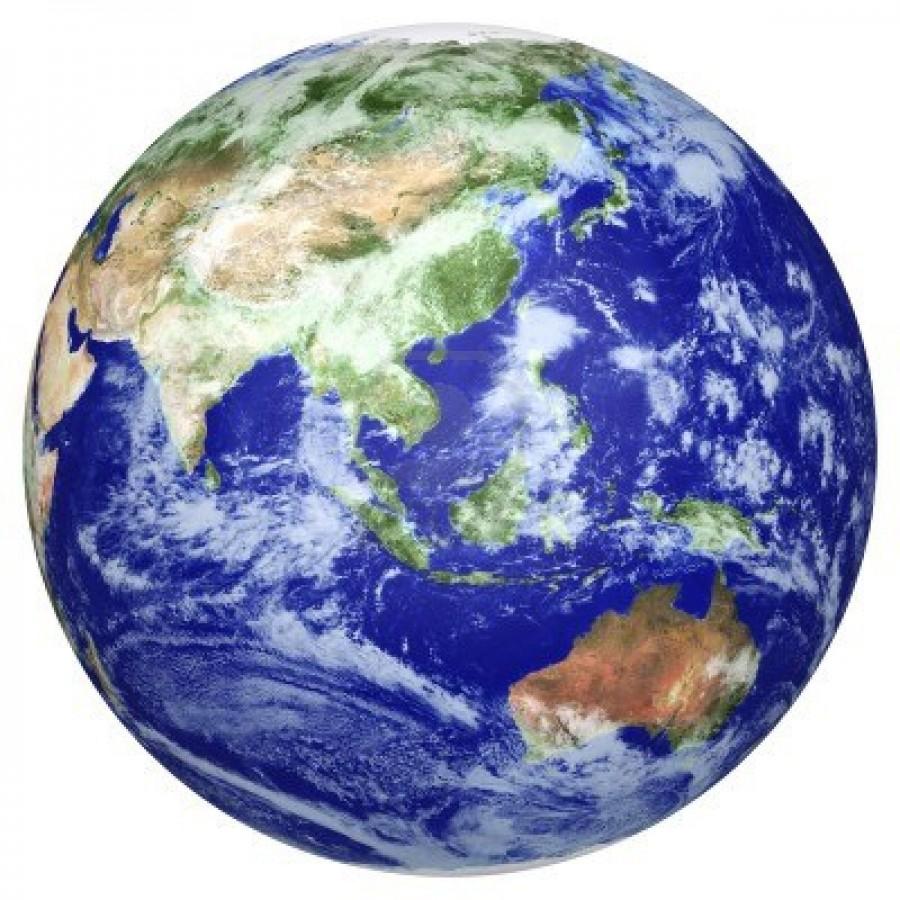Approval of new Egyptian constitution results in violent protests
 After much controversy over Egypt’s current constitution, Egyptian President Mohamed Morsi signed for a new constitutional draft on Dec. 26, 2012. Following his signing of the document, controversies arose between supporters of the new constitution and Christians, liberals and other minorities. On one side of the argument, the Christians, minorities and liberals speculate that Morsi wants to grant himself unchecked power through the vaguely phrased document. Also, those who oppose the new constitution claim that the document will protect some rights but exclude others. However, supporters of the new constitution believe the new document will include more personal rights, like better care of any person held in the custody of the courts. Violent riots have erupted as a reaction to the argument. A riot of 1,000 participants recently broke out in which rioters hurled rocks at the police. Heated riots continue to occur regarding issues in the new constitution that are pending approval. The final draft is expected to be completed in the near future.
After much controversy over Egypt’s current constitution, Egyptian President Mohamed Morsi signed for a new constitutional draft on Dec. 26, 2012. Following his signing of the document, controversies arose between supporters of the new constitution and Christians, liberals and other minorities. On one side of the argument, the Christians, minorities and liberals speculate that Morsi wants to grant himself unchecked power through the vaguely phrased document. Also, those who oppose the new constitution claim that the document will protect some rights but exclude others. However, supporters of the new constitution believe the new document will include more personal rights, like better care of any person held in the custody of the courts. Violent riots have erupted as a reaction to the argument. A riot of 1,000 participants recently broke out in which rioters hurled rocks at the police. Heated riots continue to occur regarding issues in the new constitution that are pending approval. The final draft is expected to be completed in the near future.
Written by Danielle Padilla – Staff Writer
China’s pollution rates exceed maintainable levels for the world
 The United States Energy Information Administration documented in a Jan. report that China now burns as much coal as the rest of the world does combined. According to www.american.com, the air quality monitoring device, a tool instituted by the United States that measures the amount of harmful airborne particles entering the air, registered 886 micrograms per cubic meter in China. The amount of harmful airborne particles in Beijing, China (pictured left) is nearly 90 times that of the United States. These toxic emissions are harmful to both citizens and the environment. More than 13 million cars were sold in China last year alone, resulting in severe pollution, especially in heavily populated cities. Also, China’s coal consumption has tripled in the past decade, further adding to pollution levels. With these conditions, many parents are being forced to send their children to school in gas masks, while some private schools are purchasing pressurized canopies to cover sports fields to provide a safe environment for students to play outdoors.
The United States Energy Information Administration documented in a Jan. report that China now burns as much coal as the rest of the world does combined. According to www.american.com, the air quality monitoring device, a tool instituted by the United States that measures the amount of harmful airborne particles entering the air, registered 886 micrograms per cubic meter in China. The amount of harmful airborne particles in Beijing, China (pictured left) is nearly 90 times that of the United States. These toxic emissions are harmful to both citizens and the environment. More than 13 million cars were sold in China last year alone, resulting in severe pollution, especially in heavily populated cities. Also, China’s coal consumption has tripled in the past decade, further adding to pollution levels. With these conditions, many parents are being forced to send their children to school in gas masks, while some private schools are purchasing pressurized canopies to cover sports fields to provide a safe environment for students to play outdoors.
Written by Peyton Herzog – Staff Writer
Global water conference held to promote clean energy sources
 Beginning March 19, the Hague Institute for Global Justice in the Netherlands (pictured left) will host the Regional Consultation of Groundwater Governance. Groundwater, another name for freshwater stored in underground aquifers, provides a large portion of water available for agricultural, industrial and domestic use by humans. The specific goals of the convention are to acquire knowledge of regional issues from local groundwater experts, build partnerships with project agencies and raise awareness to promote a beneficial groundwater agenda. The United Nations Educational, Scientific and Cultural Organization’s International Hydrological Programme will coordinate this event with several other organizations. These conventions are the first phase of an extensive process to clean, maintain and sustain groundwater as a healthy and renewable natural resource. In order to help people on a global scale, the organizations participating in these conventions are identifying the causes of water degradation and funding pollution treatment.
Beginning March 19, the Hague Institute for Global Justice in the Netherlands (pictured left) will host the Regional Consultation of Groundwater Governance. Groundwater, another name for freshwater stored in underground aquifers, provides a large portion of water available for agricultural, industrial and domestic use by humans. The specific goals of the convention are to acquire knowledge of regional issues from local groundwater experts, build partnerships with project agencies and raise awareness to promote a beneficial groundwater agenda. The United Nations Educational, Scientific and Cultural Organization’s International Hydrological Programme will coordinate this event with several other organizations. These conventions are the first phase of an extensive process to clean, maintain and sustain groundwater as a healthy and renewable natural resource. In order to help people on a global scale, the organizations participating in these conventions are identifying the causes of water degradation and funding pollution treatment.
Written by Cydney Hayes – Staff Writer
Conclave elects new pope after resignation of Pope Benedict XVI
 On Feb. 28, 2013, Pope Benedict XVI resigned from the papal position. The pope claims that he is stepping down because of his diminishing spiritual and physical forces and his overall lack of strength due to his advanced age. A group of 120 cardinals, called the Conclave, elect people who they believe will remain in their positions for a long period of time; however, because of his age, Pope Benedict XVI thought otherwise. Pope Benedict XVI is the first pope to resign since 1415, over 600 years ago. Currently, no new candidate has been elected, but cardinals will meet to elect a new pope in the upcoming months. These cardinals are representatives of 54 different countries and must be under 80 years of age to vote. When a new pope is elected, the Conclave must vote to accept the candidate into office. There are no formal requirements for the new pope other than that he must be a Catholic male. If there is at least a two-thirds-plus-one majority in the Conclave, then the male can take the position as the new pope.
On Feb. 28, 2013, Pope Benedict XVI resigned from the papal position. The pope claims that he is stepping down because of his diminishing spiritual and physical forces and his overall lack of strength due to his advanced age. A group of 120 cardinals, called the Conclave, elect people who they believe will remain in their positions for a long period of time; however, because of his age, Pope Benedict XVI thought otherwise. Pope Benedict XVI is the first pope to resign since 1415, over 600 years ago. Currently, no new candidate has been elected, but cardinals will meet to elect a new pope in the upcoming months. These cardinals are representatives of 54 different countries and must be under 80 years of age to vote. When a new pope is elected, the Conclave must vote to accept the candidate into office. There are no formal requirements for the new pope other than that he must be a Catholic male. If there is at least a two-thirds-plus-one majority in the Conclave, then the male can take the position as the new pope.
Written by Sawyer Hayes – Design Director








